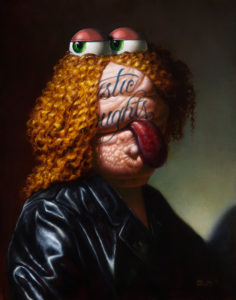
For some years now I’ve been increasingly concerned to transcribe my musical imaginary by moving beyond instruments as I’ve known them. This endeavour, which is entirely personal and has nothing whatever to do with any imagined ultimate Truth, arises from an innate irreconcilability with the predetermined sound of instruments.
But while this choice stems from a private and arbitrary artistic trajectory, there’s a question that is of relevance for a more public, more collective arena: namely, why should we strive for un unheard sound?
A few personal answers:
- to facilitate a musical imaginary that no longer conforms to the instruments that are normally used
- because by composing directly onto instruments one is closer to sound, and more likely to achieve a distinctive approach to the means, to discover the road to one’s own sound
- because an awareness of the structural properties of timbre is an essential part of the legacy of the twentieth century; of the two kinds of composition that we inherited from the last century – composition with notes and composition with sound – the latter seems to me to have greater expressive potential
- because study of the properties of sound has shifted attention (certainly my attention) away from the sound of the “means” to sound tout court, has further moved the musical instrument from the role of the end to that of the means
- to allow for a personal balancing of the harmonic and the inharmonic
- because of the sense of urgency induced by one’s own creative abyss, by the immensity of the unexpressed (of what has not yet been expressed), which necessarily goes hand in hand with an awareness of one’s own unique identity
- because irregularity, confusion, splendour, enchantment, the different and the abnormal have greater potential to convey the exclusive nature of each individual imaginary
The objective and the process are equally important, however. And what matters most is precisely the aspiration towards the composition of sound, of one’s own sound.
[Excerpt from a paper written for the Orpheus Instituut Research Seminar, Gent, 21.11.2016].
© 2016, giovanni verrando
Translation: Laura Davey
Image: Christian Van Minnen – Rational Ideas, 2013
italian version
senza famiglia – lutherie & composition